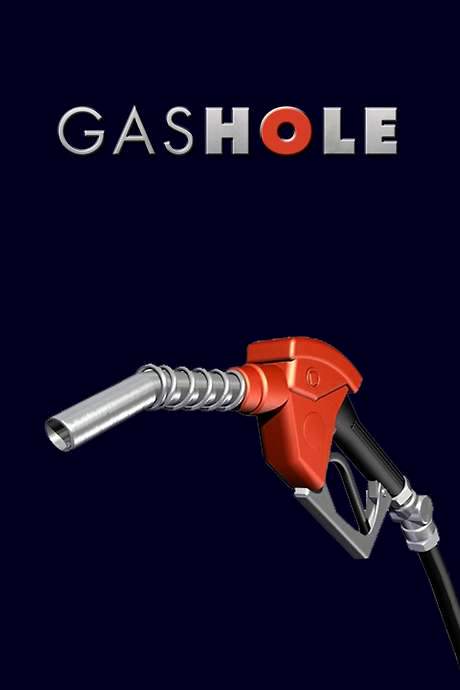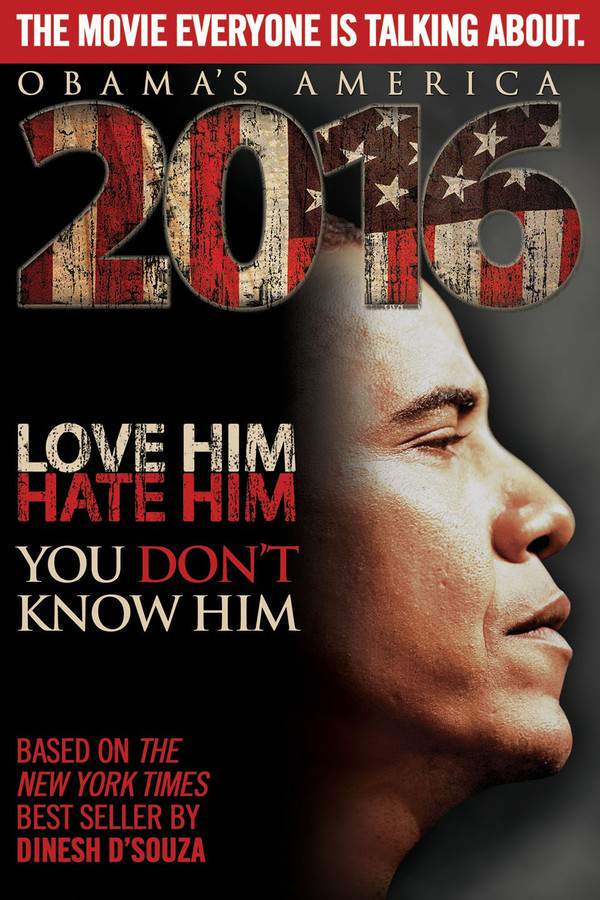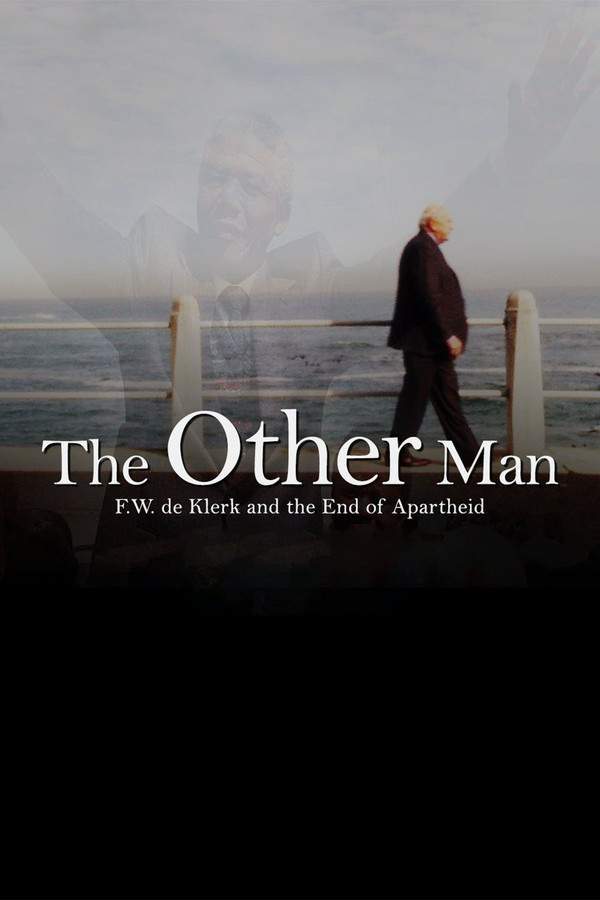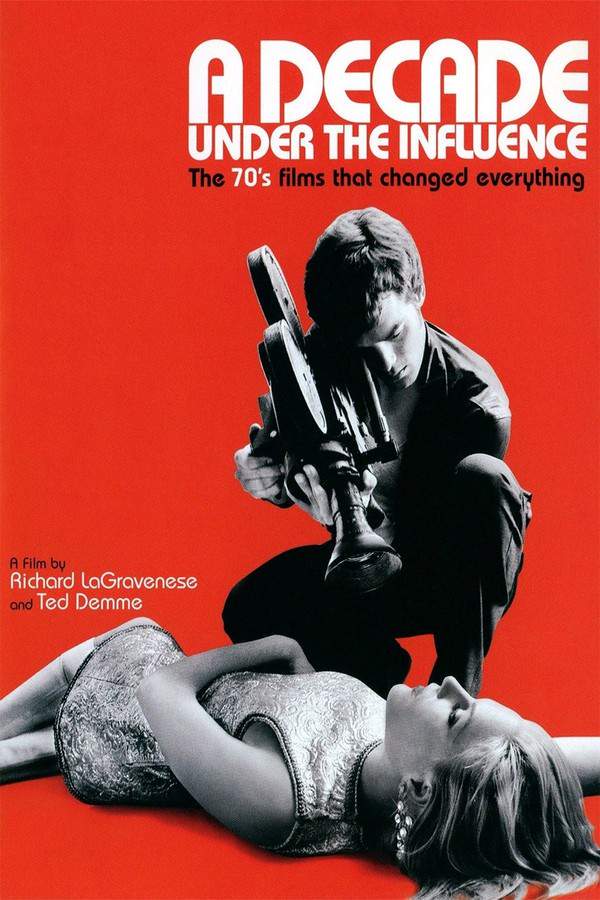
GasHole
Year: 2010
Runtime: 101 mins
Language: English
Directors: Jeremy Wagener, Scott Dwayne Roberts
It chronicles the evolution of oil prices and explores the prospects of alternative fuels, offering a broad yet detailed look at America’s reliance on foreign oil. The film investigates the factors that shifted the United States from a top oil exporter to the world’s largest importer.
GasHole (2010) – Spoiler-Free Movie Summary & Plot Overview
Get a spoiler-free look at GasHole (2010) with a clear plot overview that covers the setting, main characters, and story premise—without revealing key twists or the ending. Perfect for deciding if this film is your next watch.
In a sweeping documentary that treats the nation’s relationship with oil as a living history, the film opens on a tapestry of archival footage—from Nixon’s uneasy pronouncements to George W. Bush’s calls for energy independence. The premise is simple yet expansive: trace the arc that turned the United States from a leading exporter into the world’s biggest importer, while hinting at the promise of alternative fuels. The tone is methodical and reflective, inviting viewers to sit at the intersection of policy, economics, and public concern without ever rushing to a conclusion.
Guiding the experience is a steady, resonant narration by Peter Gallagher, whose calm delivery frames each era like a thoughtful lecture. His voice weaves together presidential speeches, congressional hearings, and industry statements, creating a rhythm that feels both scholarly and urgent. The documentary’s style relies on juxtaposing official rhetoric with whispered doubts, letting the audience sense the tension between declared goals and the underlying forces that shape them.
Interspersed throughout are glimpses of contemporary figures who animate the debate. Archival clips feature Joshua Jackson and Barbara Boxer, while policymakers such as Joe Barton, Anna Eshoo, Nancy Pelosi, and Gordon H. Smith appear in moments that underscore the partisan and corporate dimensions of the energy conversation. Their presence is less about individual drama and more about illustrating the broad coalition of voices that have, over decades, vied to steer the nation’s fuel strategy.
The film’s atmosphere is investigative yet restrained, blending sober analysis with a quiet provocation that asks viewers to question how history, money, and power converge around the humble gasoline pump. By focusing on the systemic patterns rather than isolated incidents, it creates a space for curiosity—leaving the audience eager to explore the deeper currents that continue to shape America’s energy future.
Last Updated: October 07, 2025 at 13:34
Explore Movie Threads
Discover curated groups of movies connected by mood, themes, and story style. Browse collections built around emotion, atmosphere, and narrative focus to easily find films that match what you feel like watching right now.
Analytical documentaries about systemic power like GasHole
Documentaries that calmly unravel complex webs of political and corporate influence.If you liked the investigative approach of GasHole, explore more movies like it. This section features documentaries that methodically examine political corruption, corporate influence, and economic history with a calm, steady narrative pace.
Narrative Summary
Narratives in this thread typically unfold as a logical, evidence-based argument. They connect disparate data points and historical threads to build a coherent case about a systemic problem, often concluding with a call for awareness or change without resorting to heavy emotional manipulation.
Why These Movies?
These films are grouped together because they share a specific analytical mood and narrative structure. They maintain a neutral tone, methodical pacing, and a focus on exposing complex, real-world issues through careful research and exposition.
Movies about energy policy and industry like GasHole
Stories that explore the intricate workings of a crucial industry or economic sector.Find films similar to GasHole's focus on the oil industry. This section includes documentaries and dramas that explore the inner workings of major industries, economic policy, and technological evolution with moderate complexity.
Narrative Summary
The narrative pattern involves explaining a complex system from its origins to its modern-day implications. Films often trace a timeline, introduce key players and technologies, and analyze the consequences of policy decisions, creating a layered but coherent understanding for the viewer.
Why These Movies?
These movies are united by their subject matter focus and explanatory approach. They share a moderate complexity as they break down intricate topics, a medium emotional weight due to the seriousness of the subject, and a thoughtful mood aimed at fostering understanding.
Unlock the Full Story of GasHole
Don't stop at just watching — explore GasHole in full detail. From the complete plot summary and scene-by-scene timeline to character breakdowns, thematic analysis, and a deep dive into the ending — every page helps you truly understand what GasHole is all about. Plus, discover what's next after the movie.
GasHole Summary
Read a complete plot summary of GasHole, including all key story points, character arcs, and turning points. This in-depth recap is ideal for understanding the narrative structure or reviewing what happened in the movie.

GasHole Timeline
Track the full timeline of GasHole with every major event arranged chronologically. Perfect for decoding non-linear storytelling, flashbacks, or parallel narratives with a clear scene-by-scene breakdown.

Characters, Settings & Themes in GasHole
Discover the characters, locations, and core themes that shape GasHole. Get insights into symbolic elements, setting significance, and deeper narrative meaning — ideal for thematic analysis and movie breakdowns.

More About GasHole
Visit What's After the Movie to explore more about GasHole: box office results, cast and crew info, production details, post-credit scenes, and external links — all in one place for movie fans and researchers.


























